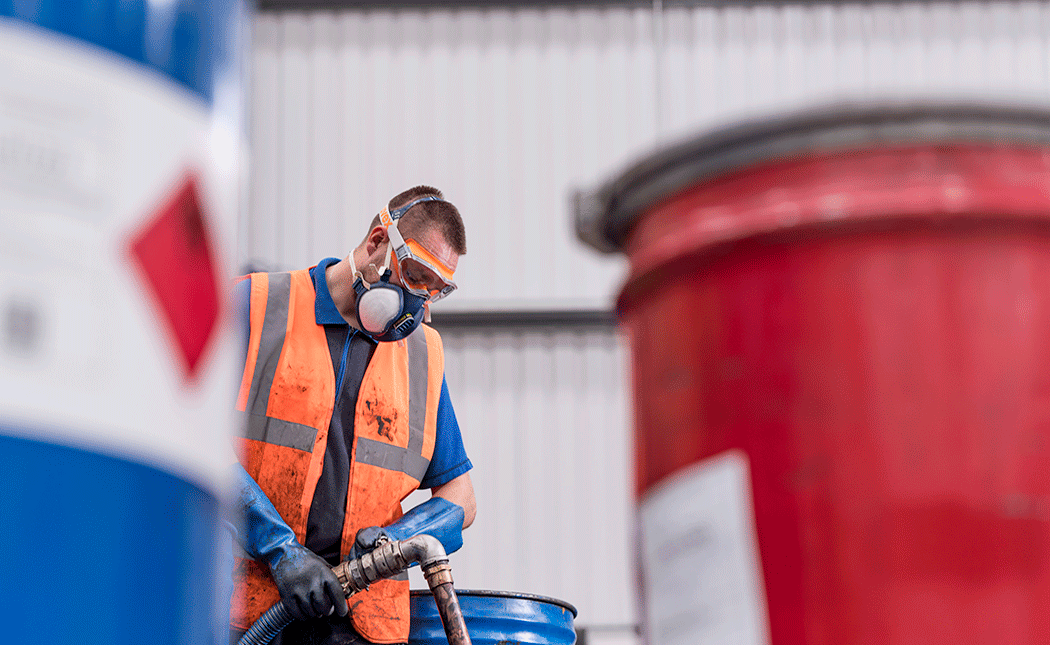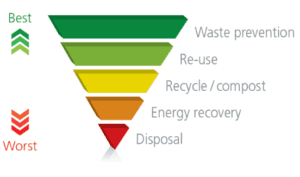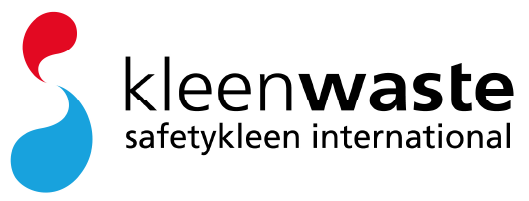

Waste Hierarchy
Why is it important that companies dispose of waste safely and ethically?
Companies have a legal responsibility to ensure that the production, storage, transportation, and disposal of controlled waste is done without harming the environment. This is called your duty of care. Your duty of care obligations for your waste continues even after the collection and removal from your premises. You have a responsibility to take all reasonable steps to ensure that when you transfer waste to a third party that the waste is managed correctly throughout its complete journey to disposal or recovery.
Duty of Care/Waste Hierarchy
The waste hierarchy ranks waste management options according to what’s best for the environment. It gives top priority to preventing waste in the first place. When waste is created, it gives priority to preparing it for re-use, then recycling, then recovery, and last of all disposal (e.g. landfill).


The Waste Hierarchy is essentially a list of waste prevention and disposal options. Anyone disposing of hazardous waste must consider the Hierarchy and seek the highest possible option before agreeing a disposal route. Kleenwaste help you by providing the correct consignment notes for hazardous waste and transfer notes for non-hazardous waste. This is your legal confirmation Kleenwaste is managing not only your waste, but also supporting your duty of care responsibilities.
Throughout our partnership with you, Kleenwaste considers every opportunity to reduce your waste and is dedicated to the recycling and re-use of all waste it collects.
Kleenwaste has the expertise you need:
- Help manage your duty of care responsibilities
- Work with you to assess contaminants in your waste
- Work with you to determine best possible way to manage your waste stream
- You’ll receive full transparency and all required legal documentation
- We operate our own specialised vehicle fleet and fully trained staff

